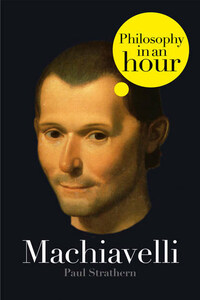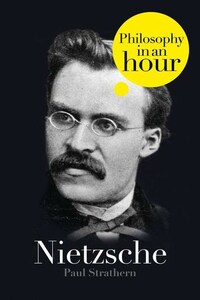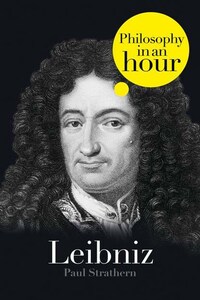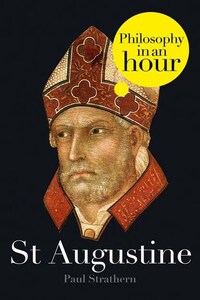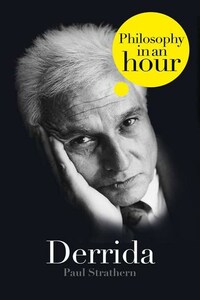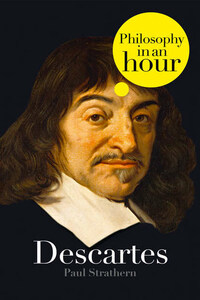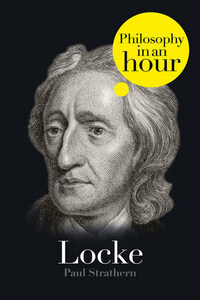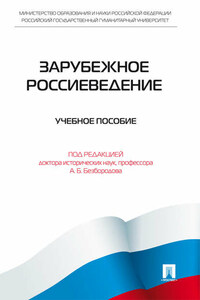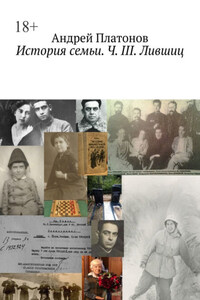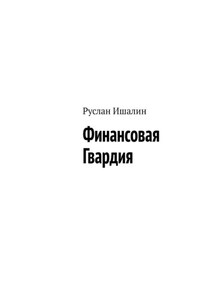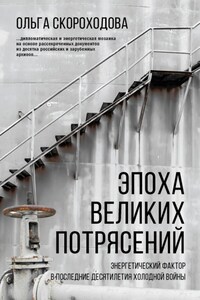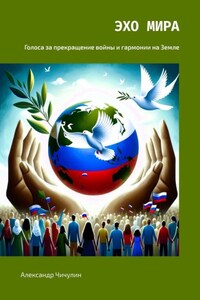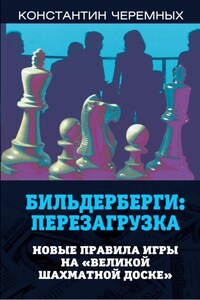Machiavelli
PHILOSOPHY IN AN HOUR
Paul Strathern
Machiavelli’s name sends a shiver down the spine. More than 350 years after his death it remains almost synonymous with evil. Yet Machiavelli was not an evil man. And as we shall see, his political philosophy was not evil in itself. It was just extremely realistic.
Our reaction says something about us rather than about Machiavelli. The philosophy of statecraft that he put forward aimed at being scientific. This meant there was no room for sentiment or compassion – or even, ultimately, morality.
Machiavelli’s masterpiece, the single short work for which he will always be remembered, is The Prince. This is a book of advice to a prince on how to run his state. It is highly rational, psychologically perceptive, and addresses the heart of the matter with no nonsense. If you are a prince running a state, your chief aim is to remain in power and run your state to your best advantage. Machiavelli sets down how to do this, using a wealth of historical examples, and with a complete lack of sentimentality. No pussyfooting about: here’s the formula.
Machiavelli’s political philosophy intimately reflects his life, times, and circumstances. Most of his life was spent deeply involved in the politics of Renaissance Italy. As his life progresses, we see the lineaments of his philosophy beginning to emerge, feature by feature, until suddenly he falls from grace and is stripped of all that he considers to be his life. Bereft, and in complete despair, he sits down and writes his masterpiece, The Prince. In just a few months of supreme inspiration, he delivers himself of his entire political philosophy, complete and intact. Its harshness reflects the harshness of the political life he has seen, as well as the harshness of the blow he has just experienced. But this is more than just a political philosophy of its time. Machiavelli’s thought pinpoints a central aspect of the political philosophy of all time – from Alexander the Great to Saddam Hussein. And as we shall see, it also reflects one of the most profound, and profoundly disturbing, truths of the human condition.
Niccolò Machiavelli was born in Florence on May 3, 1469. He came from an old Tuscan family, which had in the past achieved some eminence – though his was not one of the great powerful families of Florence, such as the Pazzi bankers or the Medici. And by the time Niccolò arrived on the scene, his branch of the family had fallen on hard times.
Machiavelli’s father Bernardo was a lawyer who had fallen foul of the tax man and been declared an insolvent debtor. As such he was forbidden by law from practicing his profession. But no lawyer can be expected to take the law literally. Bernardo managed to practice on the quiet, offering cut-rate service for those who found themselves in an impecunious position similar to this own. His only other source of income was the small estate he had inherited, seven miles south of Florence on the road to Siena. This was an idyllic spot amidst the Tuscan hills, but the grapes and goat cheese hardly provided enough cash to support a family. Life was austere at casa Machiavelli. As Niccolò later remarked: ‘I learned to do without before I learned to enjoy’. Bernardo could afford no formal education for his son. Occasionally a scholar on hard times would be hired as a tutor. But Bernardo had not always been a broken-down lawyer. He had his own library, and young Niccolò was soon reading extensively, especially in classical texts. The pale, deprived boy found his imagination fired by the wonders of ancient Rome.
The isolated child gave way to a solitary adolescent with an apprehensive, sidelong look, which made him appear curiously guilty. He became aware of the world around him: coolly measuring himself against it, measuring it against what he knew from his reading. Even in his isolation he couldn’t help realising his superior intelligence. Likewise, he quickly perceived the new humanist outlook that was beginning to permeate so many aspects of the city around him. Florence was emerging from the intellectual torpor of medieval life: the city felt awake, alive, self-confident. Italy was leading Western civilization into the Renaissance. It was possible to dream that Italy might again be united and great, as it had been in the days of the Roman Empire. The perceptive young Niccolò began seeing (and imagining) resemblances between the city around him and Rome at the height of its power: the Rome of the second century A.D., in the era leading up to Marcus Aurelius, stoic philosopher, general, emperor. This was the period when the empire stretched from the Persian Gulf to Hadrian’s Wall, when the Senate still had sufficient power to make itself heard, when the citizens of Rome had been happiest and most prosperous. Heady stuff for a quicksilver young mind whose broken father could provide no role model. Instead, history would provide a more abstract dream.
